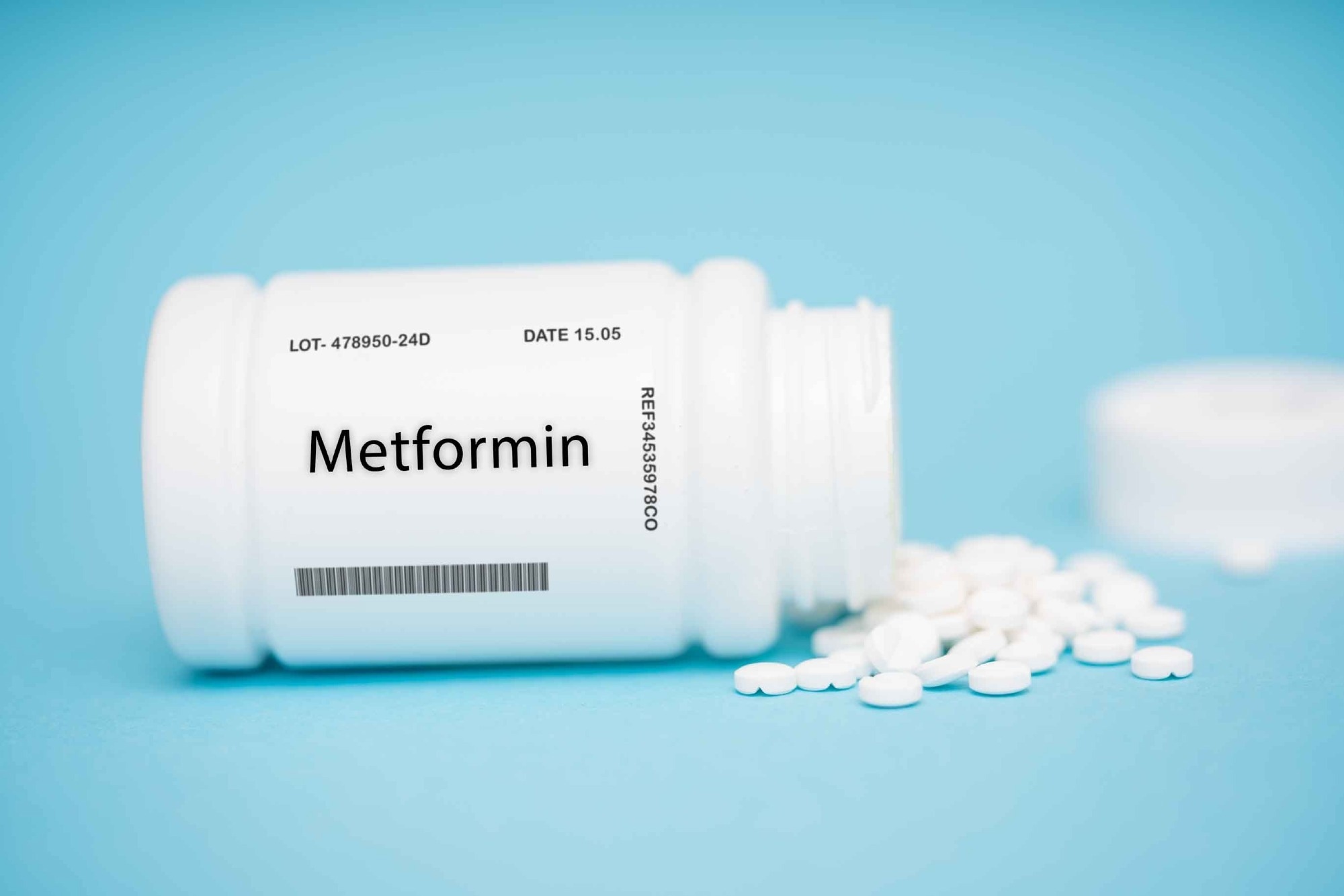For many years, breakfast has been regarded as the foundation of a nutritious diet, frequently called “the most crucial meal of the day.” This notion has shaped eating patterns globally, impacting everything from family schedules to dietary recommendations. However, as nutritional science progresses and personal lifestyles adapt, numerous people are beginning to reconsider whether breakfast truly merits its long-held status.
The conventional case supporting breakfast is grounded in the belief that consuming food early in the day offers crucial energy following a night without eating. It jump-starts the metabolic process and delivers the necessary energy for focus, effectiveness, and physical exertion. In children specifically, not having breakfast has been connected in certain studies to diminished academic results and challenges in staying attentive. Likewise, for grown-ups, eating in the morning is frequently linked to enhanced management of hunger and a more balanced energy distribution during the day.
However, growing evidence suggests that the importance of breakfast may not be universal. For some people, delaying the first meal—or even skipping it altogether—can be part of a healthy, balanced lifestyle. The popularity of intermittent fasting, for instance, has challenged traditional notions of meal timing. Many individuals find that eating within a specific time window—often starting later in the day—can help regulate calorie intake, improve digestion, and support metabolic health.
The truth is, the impact of breakfast likely depends on multiple factors, including a person’s age, activity level, health conditions, and overall diet quality. Eating habits aren’t one-size-fits-all. What works well for one individual might not be ideal for another. Someone who exercises in the morning might benefit from eating soon after waking, while someone with a more sedentary routine may find they function better without an early meal.
Another key point is the composition of breakfast. Simply eating in the morning doesn’t guarantee health benefits. A meal rich in refined sugar and processed carbohydrates may spike blood sugar and lead to an energy crash hours later. In contrast, a breakfast that includes protein, fiber, and healthy fats tends to promote satiety, stabilize energy levels, and support cognitive performance. In this context, the quality of the meal matters just as much—if not more—than the timing.
There’s also a cultural aspect to consider. In some countries, breakfast is a substantial and savory meal. In others, it may be light, sweet, or even optional. These patterns are influenced by tradition, climate, and daily routines. The variability in how different populations approach breakfast reinforces the idea that there’s no universal rule about its necessity. What’s important is how the first meal—if consumed—fits into an individual’s total dietary pattern.
For individuals dealing with certain health issues, the morning meal might have a more significant purpose. For instance, those managing diabetes can often gain from consistent meals to keep blood sugar levels balanced. In these scenarios, having a nutrient-rich breakfast could be crucial. Likewise, people aiming for weight control might notice that having breakfast reduces the likelihood of consuming too much food later in the day, though research does not always agree on this outcome.
Various researchers have highlighted that numerous initial studies connecting breakfast with improved health results might have been affected by other lifestyle factors. Individuals who frequently have breakfast might also partake in other healthy habits, like working out, obtaining sufficient sleep, or refraining from smoking, which enhance their overall health. This complicates pinpointing whether breakfast alone is accountable for the observed advantages.
That said, completely skipping breakfast without awareness of nutritional needs can carry risks. Some people may experience irritability, headaches, or fatigue when they go too long without eating, especially if they rely on caffeine alone to start the day. For growing children and teens, a lack of nutrients in the morning may hinder learning, memory, and emotional regulation. And for older adults, skipping meals can lead to unintentional undernutrition and muscle loss over time.
Ultimately, the question of whether breakfast is truly “the most important meal” may be too simplistic. A more nuanced perspective is to see it as potentially important, depending on context. Rather than prescribing a rigid meal schedule, a more effective approach is to focus on total daily nutrition, mindful eating, and individual preference. If someone feels energized, focused, and satisfied by skipping breakfast, and their overall diet is rich in nutrients, there may be no reason to change. Conversely, if someone feels sluggish or finds themselves overeating later, incorporating a balanced breakfast could offer real benefits.
Nutrition science continues to move away from blanket statements and toward personalized recommendations. The emphasis now is on flexibility, sustainability, and tailoring eating patterns to meet personal health goals. Breakfast doesn’t need to be a rule—it can be a tool. When used thoughtfully, it can contribute to better energy management, mood, and dietary balance.
In practice, the best way to evaluate the role of breakfast is to pay attention to how the body responds. Tracking mood, energy levels, concentration, and hunger patterns over the course of several days can provide valuable insight. This self-awareness helps individuals determine whether eating in the morning enhances or hinders their performance and well-being.
So, although breakfast is not necessarily the most crucial meal for every individual, it can still serve as a significant component of a healthy routine—when intentionally planned and matched with individual requirements. The true essence is in maintaining consistency, quality, and equilibrium throughout the entire day, not merely in the initial meal. Regardless of whether it’s consumed at dawn or delayed, what truly counts is how meals support enduring health, well-being, and contentment.





